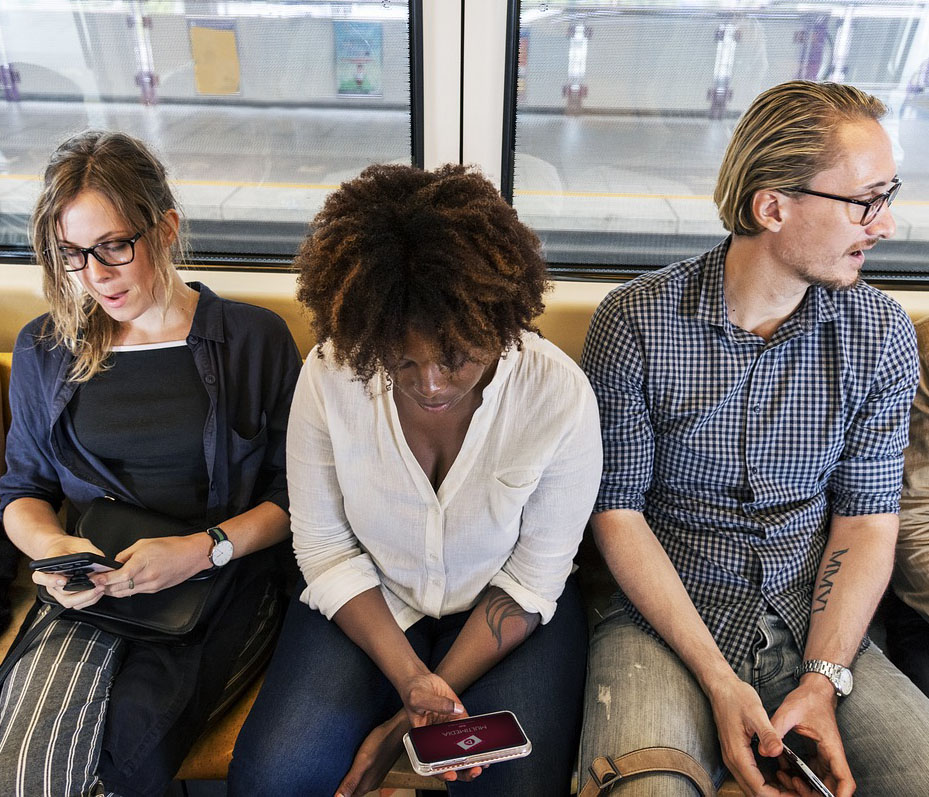July 3, 2018
Facebook Is not the Problem; not Having Friends Is
One sunny morning, four months ago, I decided I don’t want to use Facebook anymore. It had nothing to do with security concerns, mind you. I’ve been lucky enough to be a kid in the age when computers and games were still meaningful, so I’ve learned the lesson well: if you don’t want something public, don’t put it online. Facebook is not the problem, the user is. And, in my case, it proved other things, too.

Facebook Is not the Problem: How it All Started
Generally speaking, I’m an introvert and private person by nature. This might sound absurd for a man who writes incessantly, but there is a crucial difference: modern social media don’t rely on texts.
I’ve never used Instagram (although I’m a skilled photographer, with professional experience), for the same reason I don’t use Twitter: I hate mindless blabbering (either verbal or visual), and I avoid like the plague platforms that valorize such behavior at the expense of textual argumentation.
So far, until the beginning of March, I kept using Facebook because I naively thought it was different. I believed a long, elaborate text would still instigate a discussion. This rarely occurred, but I’ve come to realize that Facebook is not the problem. Its users are. Which ultimately means this: Facebook is not the problem: not having friends is.
What Is “A Friend”?
Societies change. This is neither good nor bad, because change in itself is not something that can be (without further information) ethically judged. In any case, our modern world has gone beyond the times when you had 2-3 close friends whom you could trust with your life, plus another ten with whom you could enjoy a pleasant dinner or invite to your party.
Nowadays, a friend is someone who “likes” the photo of your cat (the meaning of “liking” has changed too; another discussion for another day). People become more and more distant, at least in terms of actual human interaction. You no longer interact with your friends, but with your “friends”; that is, their digital personas. It’s a bit like no longer interacting with a person, but with their Gothic double.
And so my “friends” were very interactive and eager to “like” my photos (especially when they portrayed cats, food or flowers). They also “liked” the things they were “supposed to” (notice how the quotation marks propagate like wildfire), such as special occasions, birthdays, etc.
And then I left Facebook.
If You Are not Online, You Are Dead to the World
Long ago, before we had Facebook or Internet, the phone would ring. You would pick up – your buddy would want to chat! And so you would chitchat about stuff, gossiping, or whatever. Then quite probably you would arrange to meet up for a cup of coffee or a glass of beer.
Here’s how many of my “friends” called me in the four months I completely stopped posting, “liking”, and commenting on Facebook: zero (0).
Not counting my spouse and two relatives, only three people remembered that I exist and sent me a private message: a friend responding to an earlier message I had sent, this friend’s mother, and a former colleague notifying me of an academic opportunity. There was also one other person who tagged me in a post.
That’s it.
Facebook Is not the Problem (or maybe It Is!)
I don’t blame anyone of those people who didn’t think to message me. Most people are bombarded by a massive amount of input on a daily basis, and it becomes challenging to keep track of who’s posting or reacting and who’s not. Most of them aren’t really my friends anyway (they are just “friends”). There are also those whom I considered friends but aren’t really. There are some others who aren’t even “friends” (in our context: they never bothered interacting with my digital alter ego).
Yet again, you know what? Maybe Facebook is the problem, after all. Maybe its design promotes mediocrity and instant gratification, mass input, as well as meaninglessness and kitsch aesthetics (who on earth gives a shit about the 345th photo of your goddamn burger?)
Welcome to the brave new world!
I don't show you ads, newsletter pop-ups, or buttons for disgusting social media; everything is offered for free. Wanna help support a human internet?
(If you'd like to see what exactly you're supporting, read my creative manifesto).
